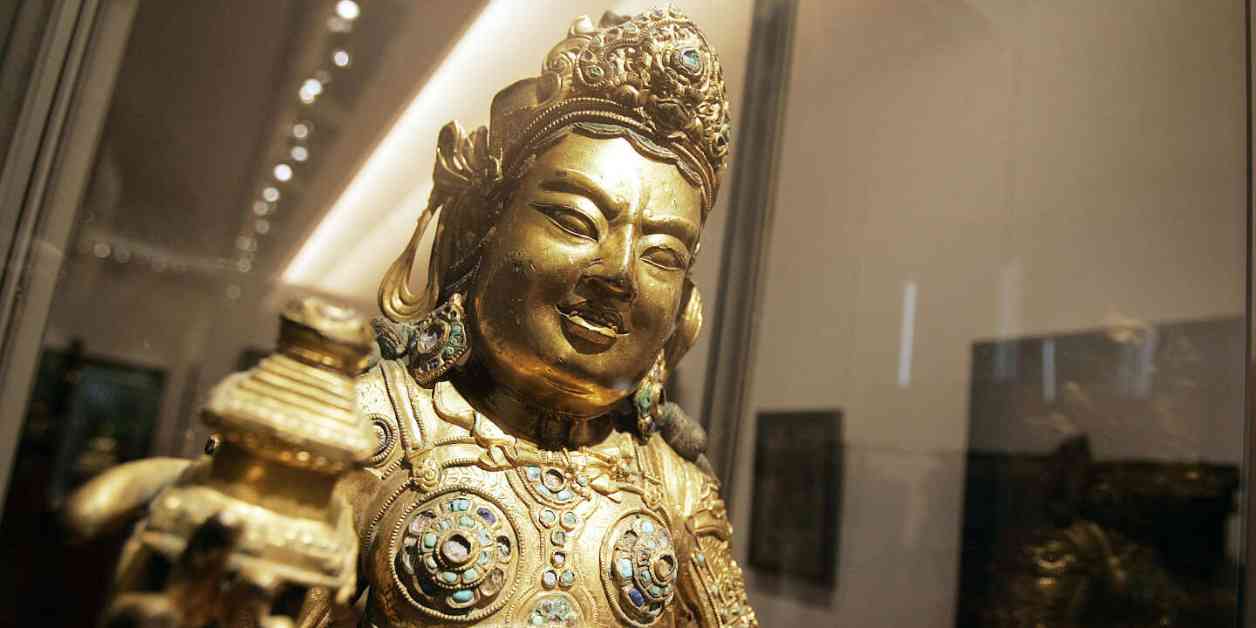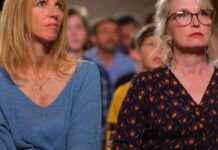Title: French Museums Under Fire for Bowing to Chinese Demands: Distorting History and Silencing Cultures
In recent times, a collective of researchers has brought attention to the alarming passivity exhibited by certain French museums when faced with the meddling of the People’s Republic of China (PRC) regarding the cultures it seeks to suppress. This issue has sparked a heated debate about the implications of such actions on historical accuracy and cultural preservation.
The Musee du quai Branly and the Musee Guimet, two renowned institutions in France, have come under scrutiny for their compliance with Chinese demands to rewrite history and erase the identities of non-Han peoples who have been assimilated or annexed by the PRC. This disturbing trend has raised concerns about the preservation of diverse cultural narratives and the autonomy of historical representation in museum settings.
### The Erasure of Tibetan Identity
One glaring example of this erasure can be seen in the Musee du quai Branly, where the term « Tibet » has been replaced with the Chinese designation « autonomous region of Xizang » in the catalogue of Tibetan artifacts. This alteration reflects the enforcement of a law passed in 2023 by the PRC, which aims to eliminate any mention of Tibet as a distinct entity with its own history and heritage. By succumbing to Chinese pressure, the museum has effectively whitewashed the Tibetan identity and obscured the painful realities of occupation and colonization that have defined its past.
Similarly, the Musee Guimet has opted to use the term « Himalayan world » instead of « Tibet » in its exhibition spaces dedicated to the region. This subtle yet significant change echoes the broader narrative dictated by Beijing, which seeks to downplay the unique cultural heritage of Tibetans and subsume it within a homogeneous Chinese identity.
### The Influence of Confucius Institutes
It is worth noting that certain French institutions, including universities hosting Confucius Institutes, have become unwitting conduits for Chinese propaganda and censorship. These institutes, funded by the Chinese government, promote a sanitized version of Chinese history and culture that aligns with the narrative endorsed by Beijing. By collaborating with these entities, museums risk perpetuating a distorted view of history that prioritizes the interests of the PRC over academic integrity and cultural diversity.
The reluctance of French museums to challenge Chinese interference can be attributed to a complex web of geopolitical and economic factors. As China exerts increasing influence on the global stage, institutions may prioritize maintaining diplomatic relations and securing access to Chinese resources over upholding ethical standards and historical accuracy. This delicate balance has led to a situation where museums are forced to navigate between appeasing Chinese authorities and preserving the integrity of their collections.
### Preserving Cultural Integrity in the Face of External Pressures
In light of these developments, it is imperative for French museums to reaffirm their commitment to intellectual freedom and cultural diversity. By resisting external pressures to distort historical narratives and erase marginalized voices, museums can uphold their role as custodians of knowledge and champions of cultural heritage. It is essential for stakeholders in the cultural sector to engage in meaningful dialogue and advocacy to ensure that museums remain spaces of education, reflection, and empowerment for all communities.
In conclusion, the recent controversies surrounding French museums’ compliance with Chinese demands highlight the urgent need to safeguard the integrity of historical representation and cultural preservation. By confronting external pressures and asserting their autonomy, museums can reaffirm their dedication to truth, diversity, and inclusivity in the face of mounting challenges. It is crucial for all stakeholders to stand united in defense of intellectual freedom and cultural integrity, ensuring that museums continue to serve as beacons of knowledge and understanding in an increasingly complex world.




